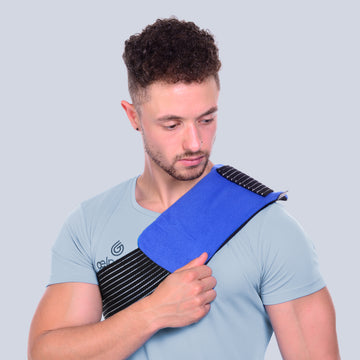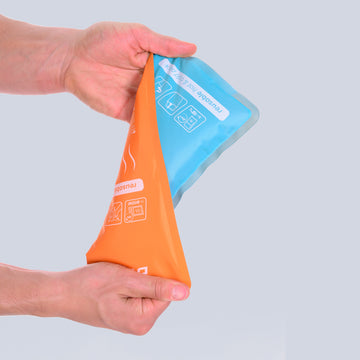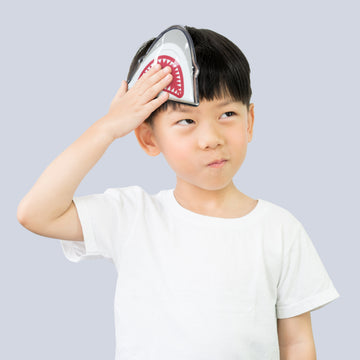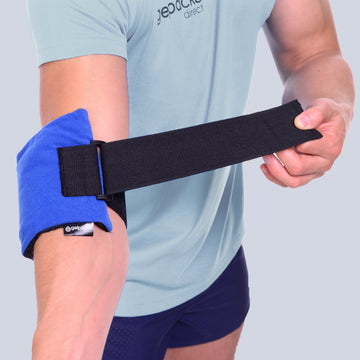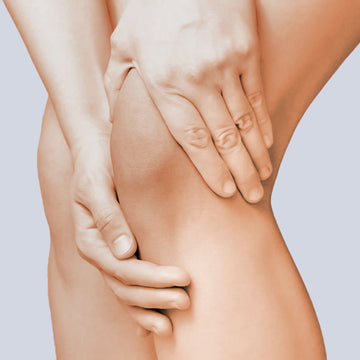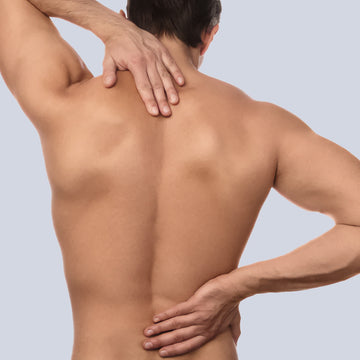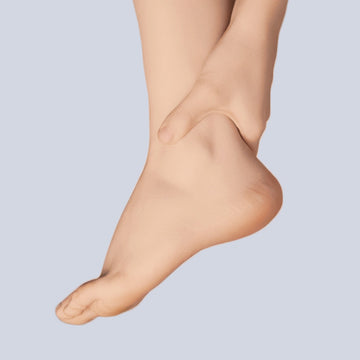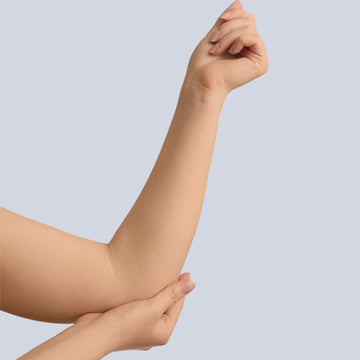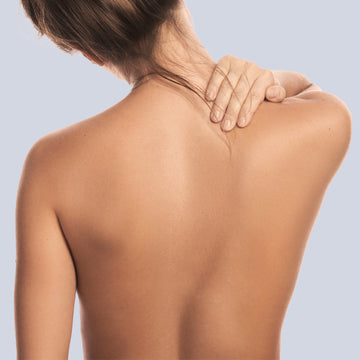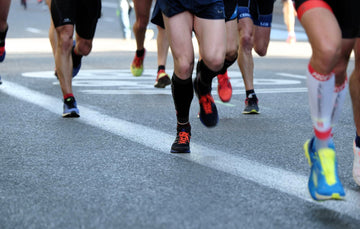Posted by Chloe SImkiss | March-08-2021

Treatment for a head injury
Minor head injuries are common in individuals of all ages and rarely lead to any permanent brain damage. Children are more likely to suffer minor head injuries because they're more active and less aware of risk. Many head injuries are not serious. In most cases, there’s no need to go to hospital and you can recover fully within a few days.
Each year around 700,000 people go to A&E with a head injury in England and Wales. Of these, over 80% only have a minor injury.
What are the most common causes of head injuries?
- Falls
- Assaults
- Road traffic accidents
- Accidents at home, work, school, outdoors
- While playing sports
Types of minor head injury
These include:
- Concussion - when the brain is shaken from impact
- Scalp wounds - an open wound
-
Contusion - bruising
Symptoms of a minor head injury?Normally these are mild and don’t last long. They may include:
- Headache
- Nausea
- Blurred vision
- Dizziness
How to treat a minor head injury?
If you have a minor head injury:
- First of all, sit down and rest.
- Use your reusable gel pack or an instant ice pack on the injury to help reduce swelling and numb the pain.
- Ice the affected area for 10 minutes
- Do not eat or drink until you are sure the symptoms are not getting any worse.
- Take paracetamol or ibuprofen to help reduce pain
- Make sure someone is around to look after you. Remember you can call 111 if you are unsure what to do.
What are conditioning workouts?
Body conditioning usually includes:
- Aerobic exercise
- Strength training
- Stretching and flexibility exercises
Buy our kids pack here.
When should you see a doctor?
It is important to know when you need to call 999. You must not hesitate to call the emergency services in any of the following situations;
- There has been a period of unconsciousness
- A fit or a seizure
- Bleeding from the ears or bruising behind the ears
- Numbness or weakness in parts of the body
- Difficulty understanding or speaking
Many individuals who go to hospital with a head injury can return home fairly soon afterwards and will recover within a few weeks, if not days. For the first 24 hours after the injury, it's necessary for someone to be with the injured person so they can watch out to see if any new symptoms occur. The injured person should try to rest so they can recover quickly.
Many people still have symptoms such as a slight headache, or feel sick and dazer for up to 2 weeks after the injury and should not return to playing sport until they have fully recovered.
Buy our instant ice packs here.
It can be hard to predict or avoid a head injury, but there are many things you can do to lower the risk of a serious injury. Try to ensure your home is free of hazards that may cause someone to trip or slip over.
If working at height in the home, make sure you use the correct equipment and that you have someone with you. Be careful on stairways and wear suitable footwear.
Always wear head protection when you are taking part in sporting activities such as cycling and skiing.
Look after yourselves!
#TeamGDP
